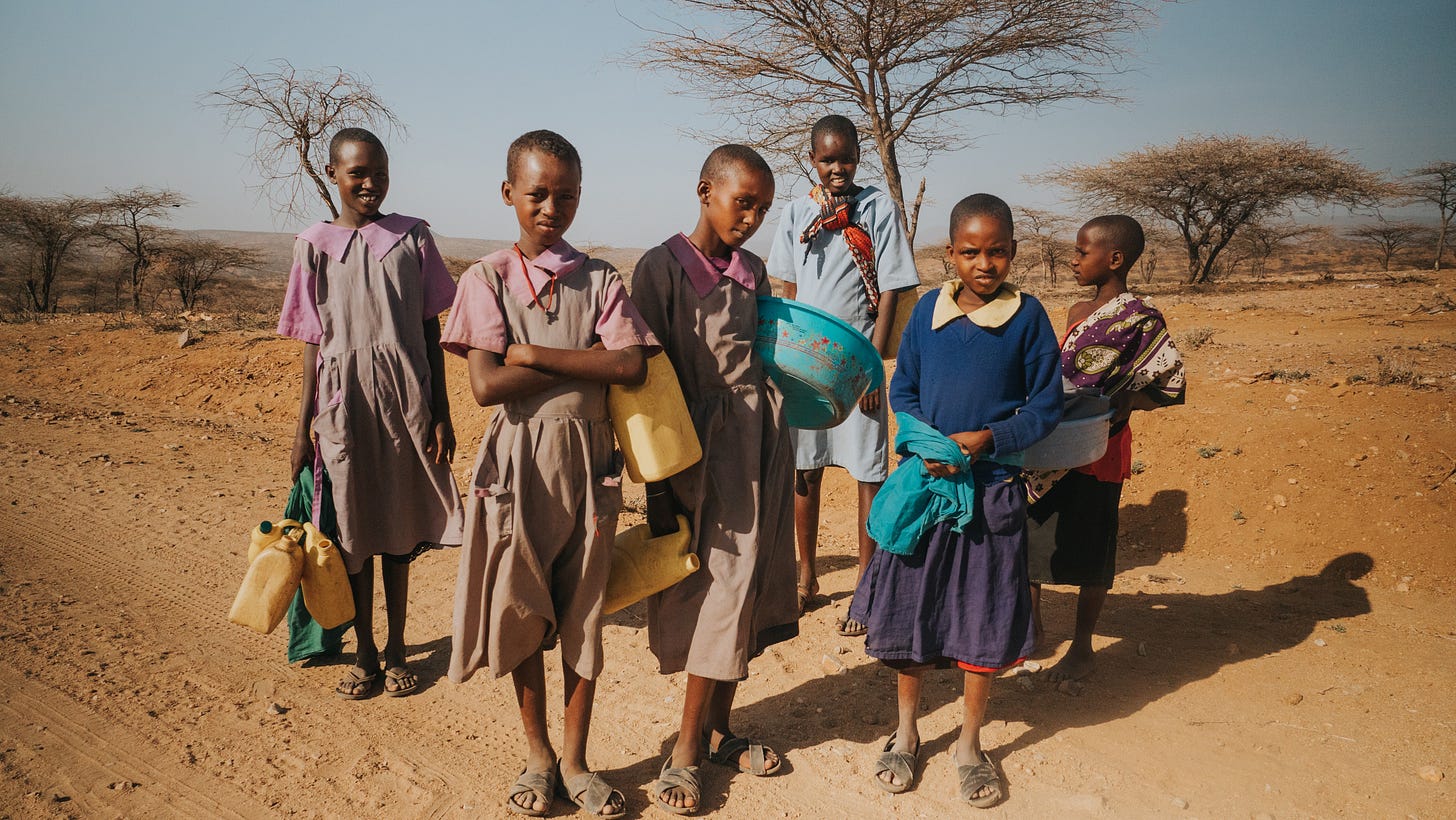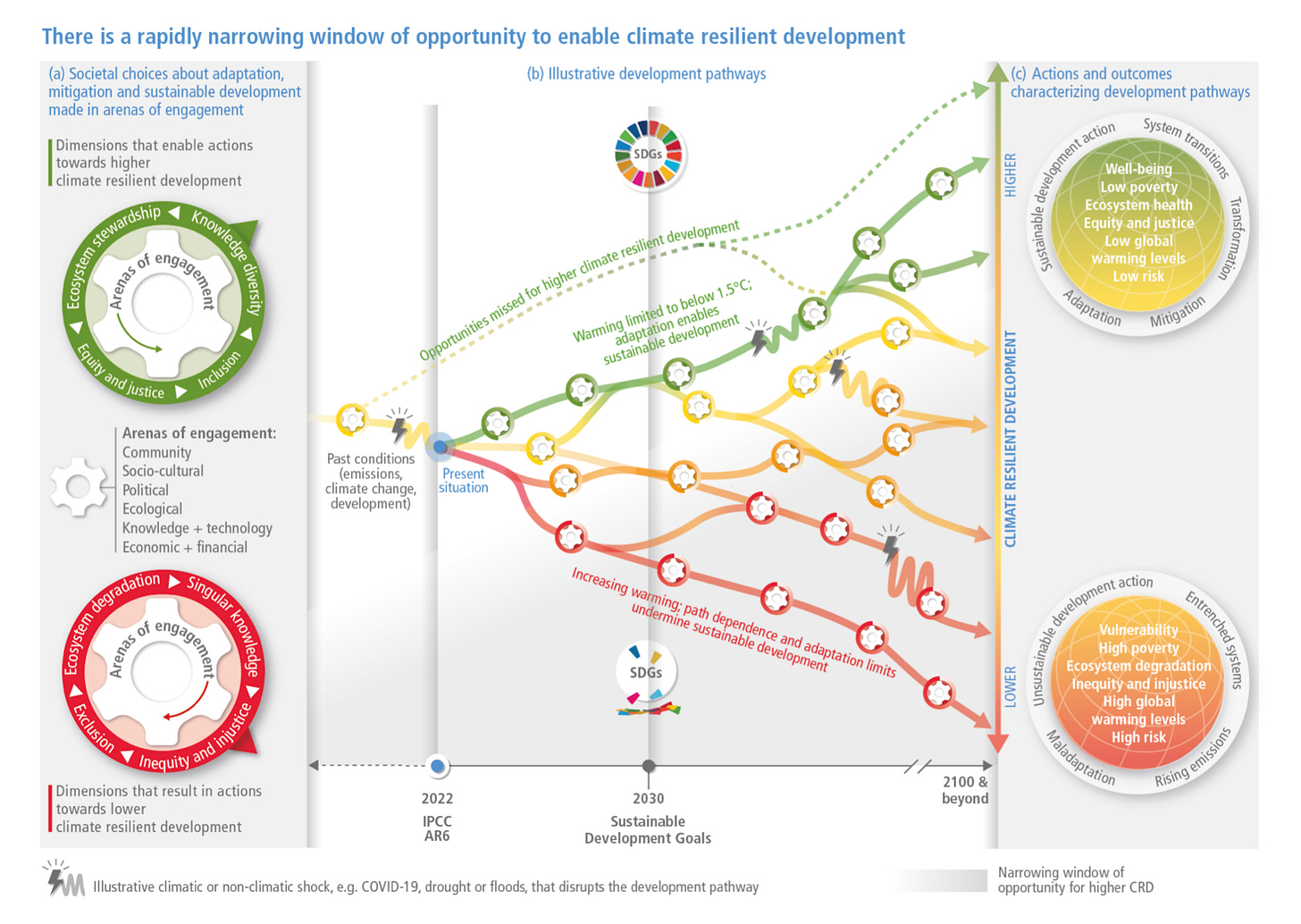United Nations creates Global Crisis Response Group on Food, Energy, and Finance
Sustainable development is a conflict prevention and containment measure. Converging crises and proliferating scarcity and destabilization demand urgent action to accelerate sustainable development.
In a briefing to the press on Monday, which he opened with the words “Ukraine is on fire”, United Nations Secretary-General Antonio Guterres called on Russia to cease all attacks on the people of Ukraine and highlighted the increasing levels of danger facing people around the world, as a result of the invasion.
The Secretary-General warned that refugees from Ukraine (now more than 3,389,000) include an extraordinarily high proportion of women and children (estimated at 90%), who are vulnerable to predatory human trafficking networks. He said they are “targets” and “need safety and support every step of the way.”
He also warned that the war is “an assault on the world’s most vulnerable people and countries,” saying:
“Even before the conflict, developing countries were struggling to recover from the pandemic – with record inflation, rising interest rates and looming debt burdens. Their ability to respond has been erased by exponential increases in the cost of financing.
Now their breadbasket is being bombed. Russia and Ukraine represent more than half of the world’s supply of sunflower oil and about 30 percent of the world’s wheat. Ukraine alone provides more than half of the World Food Programme’s wheat supply.”

To address this proliferating global threat to vulnerable people and to human development and wellbeing, the Secretary-General announced the formation of a new Global Crisis Response Group on Food, Energy, and Finance. The effort will be based at the UN Secretariat and chaired by the Deputy Secretary-General.
The new crisis response group is important not only to address food supply disruptions and spiking energy prices, but to ensure emergency measures don’t undermine long-term stability. Without an ongoing focused commitment to sustainable development, nature-positive food production, and cooperative decarbonization, the future stability of food and energy supplies and financial systems will be threatened by proliferating and compounding risks.
Food price and supply issues are not only being driven by Russia’s invasion of Ukraine and subsequent sanctions. There is a background of COVID recession, supply chain disruptions, worsening income inequality, and direct and indirect climate impacts—all leading to an ongoing depletion of world grain stocks and food security buffers.

The report of IPCC Working Group II on Impacts, Adaptation, and Vulnerability, published on February 28, has been described by the Secretary-General as “a damning indictment of failed global leadership” and “an atlas of human suffering”. The report finds that the most efficient pathway to climate resilient development is already closed off, due to past inaction, and the remaining opportunities for successful mitigation and adaptation are rapidly disappearing.
Addressing the current global crisis—with multiple converging shock events and their impacts—will require historic coordinated attention to the sustainable development imperatives of food, energy, and finance innovation.
Making finance, energy, food, and trade work for the most vulnerable is critical for resilient, adaptive inclusive prosperity.
And that is critical to guard against and reduce the incidence of corruption, aggression, and conflict.
As part of Citizens’ Climate International’s Resilience Intelligence Program, we have recently reported on ways to address each of the three systemic challenges, while building resilience for everyone:
Energy: Go green at wartime speed
Finance: Financial integration and inclusion needed to get best results from Glasgow outcomes
We have also examined:
The need for enhanced multilateral cooperation to ensure sustainable development and universal support for human rights;
The ways in which climate emergency increases risks of conflict and destabilization of nation states;
The finding of the Financial Stability Oversight Council that unchecked climate disruption will destabilize the financial system.
Learn more about the Resilience Intel work on reinventing prosperity to achieve healthy food systems, climate resilient development, and sustainable finance, through the 2021 Reinventing Prosperity report.


